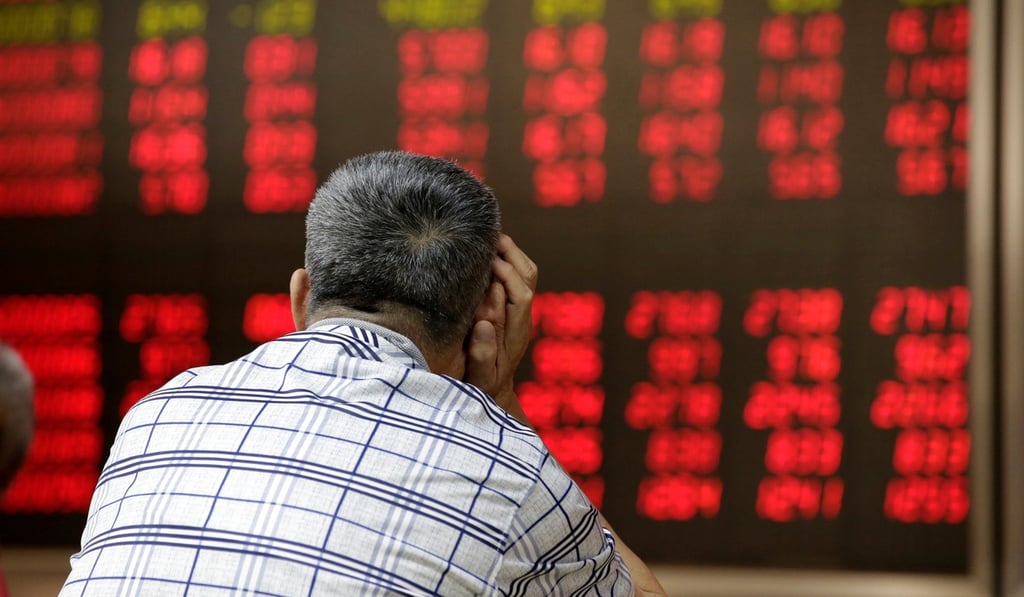China may ease regulatory squeeze on financial sector to avoid more risk
Premier Li Keqiang, in change of wording, puts financial stability ahead of deleveraging in sign of concern over falls in markets

China has sent a subtle signal that it may back off from some of its aggressive financial regulation and deleveraging efforts after sell-offs in domestic stock, bond and futures markets in the past several weeks.
During a meeting with International Monetary Fund managing director Christine Lagarde on Sunday, Chinese Premier Li Keqiang said China has the ability to maintain the stability of financial markets. In a small but significant change of wording, Li put financial stability ahead of financial deleveraging and economic growth.

The official Xinhua News Agency ran a commentary on Sunday saying that “China should not trigger new risk from managing risks”, a tone that is slightly different from a previous series of eight commentaries that urged China to address financial risks despite short-term pain.
The change of tone reflected growing concern among investors that fast deleveraging and strict regulation will weigh down financial markets. The benchmark Shanghai composite index has dropped for five weeks, while Treasury bond yields have risen to a nearly two high of 3.7 per cent.
“Investors may over-interpret Chinese authorities’ move to crack down on interbank market investment and their reaction after the Federal Reserve’s interest rate rises and downsizing of its balance sheet,” said Wen Bin, chief analyst at China Minsheng Banking Corp in Beijing.